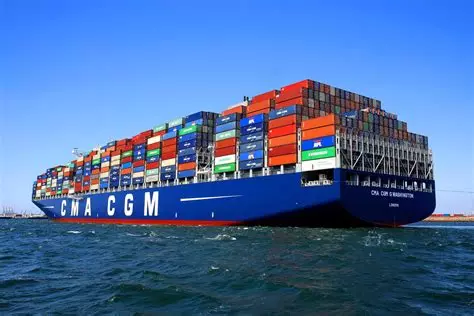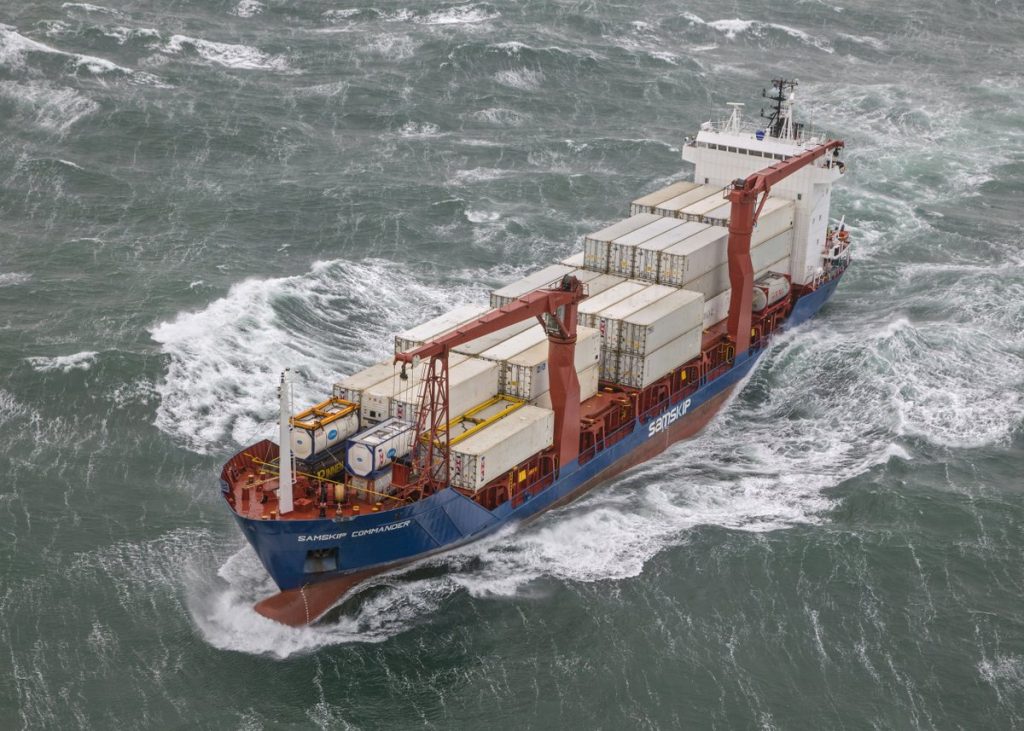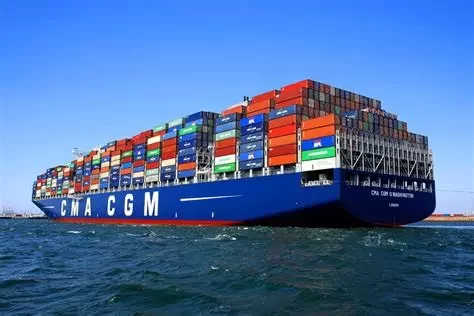
In today’s global economy, project cargo has become an essential part of the logistics industry. Project cargo refers to the transportation of large, heavy, and complex items, such as machinery, construction equipment, and other oversized cargo that cannot fit into standard shipping containers. However, with the rise of containerization, many have questioned whether there is still space for project cargo on container ships. In this article, we will explore this topic in-depth and provide insights into the current state of project cargo transportation.
The Rise of Containerization
The use of shipping containers revolutionized the logistics industry by simplifying the handling and transportation of goods. Containerization made it easier to load and unload cargo, reduced the risk of damage, and increased efficiency in cargo transportation. Today, the vast majority of cargo is transported via container ships.
The Impact of Containerization on Project Cargo
While containerization has many benefits, it has also posed a challenge for the transportation of project cargo. Many project cargo items are too large, too heavy, or too complex to fit into standard shipping containers. As a result, project cargo requires specialized transportation methods, such as flat racks, open tops, or platform containers. These specialized containers are not as widely available as standard containers, which can make it challenging to transport project cargo via container ships.

Is There Still Space for Project Cargo on Container Ships?
Despite the challenges posed by containerization, there is still space for project cargo on container ships. Many shipping lines have recognized the importance of project cargo transportation and have made efforts to accommodate these specialized items. Shipping lines have increased their fleet of specialized containers and vessels, which has helped to make project cargo transportation more efficient and cost-effective.
In addition, many ports have also invested in specialized equipment and infrastructure to handle project cargo. For example, some ports have built heavy-lift cranes and specialized handling equipment to facilitate the loading and unloading of project cargo.
The Benefits of Transporting Project Cargo via Container Ships
Transporting project cargo via container ships has many benefits. Firstly, container ships offer a reliable and cost-effective transportation solution for project cargo. Container ships can transport large quantities of cargo, which can help to reduce transportation costs.
Secondly, container ships offer a secure transportation solution for project cargo. Shipping lines have invested heavily in securing their vessels and containers, which has helped to reduce the risk of damage or theft.
Finally, container ships offer a flexible transportation solution for project cargo. Shipping lines offer a wide range of container sizes and types, which can be tailored to the specific needs of each project cargo item. This flexibility can help to reduce transportation costs and ensure that project cargo is transported safely and efficiently.
To wrap it up
While containerization has posed challenges for the transportation of project cargo, there is still space for project cargo on container ships. Shipping lines and ports have recognized the importance of project cargo transportation and have made significant investments to accommodate these specialized items. Transporting project cargo via container ships offers a reliable, secure, and cost-effective transportation solution that can be tailored to the specific needs of each project cargo item.





